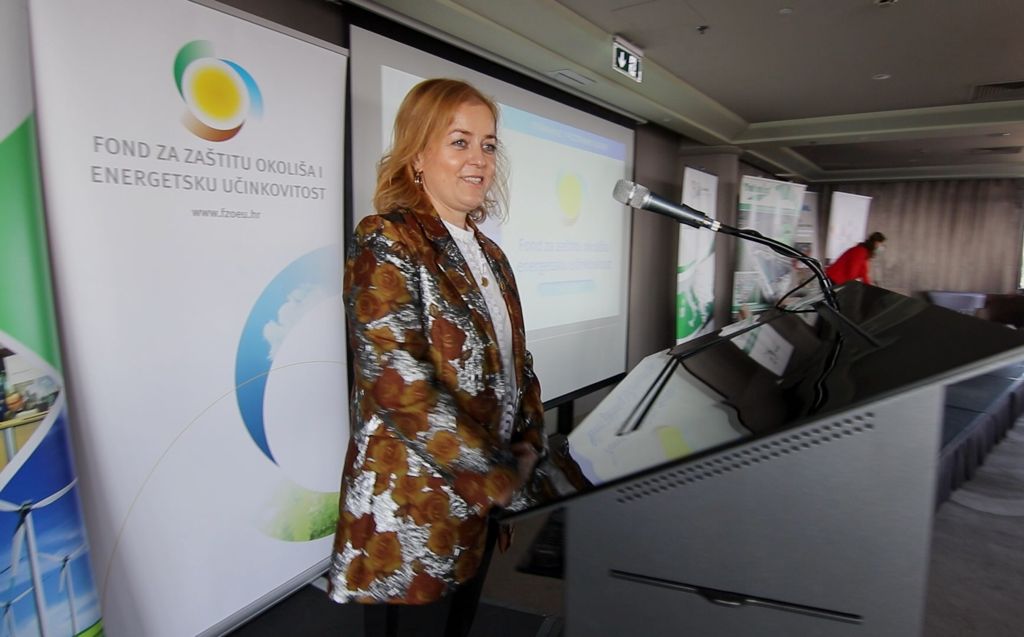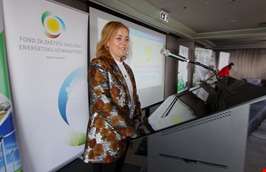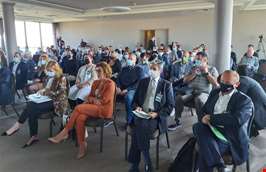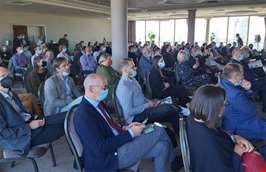30.09.2021.
One of the main conclusions of the conference Waste 2021, which was held today at the Westin Hotel in Zagreb, was that Croatia must and can do better, and the key to success and achieving the circular waste management standard is education of the citizens, quality infrastructure, and properly set up separate waste collection system.More than 150 attendees at the conference included the representatives of utility companies, units of local self-government, counties, consultants, and representatives of different institutions, associations, and organisations. They all participated in the discussion about the challenges and problems, and the solutions and good practices in the waste management sector.
The EU generates more than 2.5 billion tonnes of waste every year, and if we want to achieve the green goals and ensure a healthier, cleaner, and better future, we have step up our efforts and organise the entire waste management system in a better way. Limited resources and climate issues require the transition from linear to the carbon-neutral, sustainable, non-toxic, and completely circular economy by 2050. Croatia is still a long away from this model, but certain progress is visible. However, we still have a lot of work ahead, especially in raising the collective awareness, educating the citizens and introducing behavioural changes.
Maja Feketić, the head of the Sector for EU Funds at the Environmental Protection and Energy Efficiency Fund, underscored that the Fund together with the Ministry of Economy and Sustainable Development was investing significant financial resources in the preparation of projects in the waste management sector. “Croatia has big and ambitious goals regarding separate waste collection and disposal. Util 2035, we must have 65% of separately collected waste and 10% disposed waste,” said Feketić, adding that in the upcoming period the Fund would focus on the projects for the construction of the infrastructure that would support the set goals.
Aleksandra Anić Vučinić, associate professor at the Faculty of Geotechnical Engineering of the University of Zagreb, said that for 21 years an EU directive had prescribed that waste should not be disposed on landfills, and that there is no alternative to the waste management centres. “We have to separate 50% at source. 40 up to 50% of waste must be treated. Once it is treated, there is the residual part which cannot be utilised. 20 to 30 % must be used for energy recovery. All this is called an integrated system,” she said.
Other topics discussed at the conference included the utilisation of EU funding, the new digital technologies in waste management, reducing waste in landfills, the problems faced by utility companies in the areas hit by the earthquake, and the specific problems of utility companies in tourist regions, as well as other current issues in this sector.









